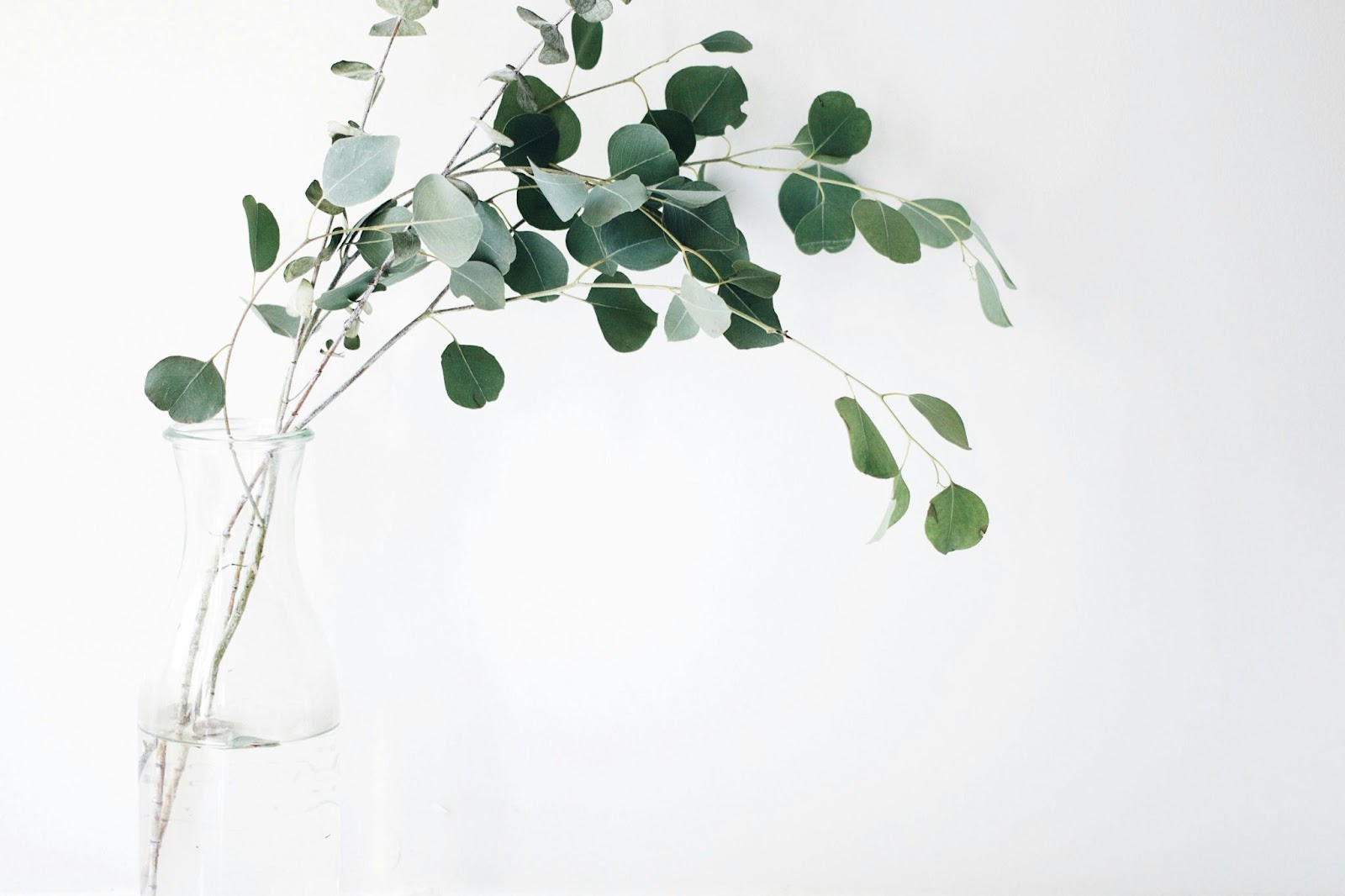Introduction
Cotton has long been the standard material for bedding. This material ruled over all the fabrics, from bed sheets, pillowcases, and comforter shells to duvet covers. However, with technological advancements and new fabrics, consumers are becoming more discerning in their choices.
Moreover, sustainability, brand mission, and benefits are also important considerations. As a result, there is a growing interest in performance fabrics like eucalyptus compared to cotton.
This understanding can help individuals make an informed decision about which sheet to choose for their sleeping needs. The choice ultimately comes down to personal preference and desired sleeping experience.
While the choice between eucalyptus and cotton may seem exciting, it is essential to consider factors such as quality, aesthetics, sustainability, and brand values when deciding.
Understanding Eucalyptus Sheets

Eucalyptus bedding brands have recently gained popularity due to their cooling, moisture-wicking, and soft, silky texture.
Therefore, the industry found this new material with advanced fiber-making technologies that showed promising characteristics.
Moreover, the pulp of eucalyptus wood, approved by FSC and PEFC, produces eucalyptus fibers. This fiber is currently one of the most sustainable fabrics in the market.
Furthermore, it comes with naturally cool, silky, and moisture-wicking properties, ideal for comfortable sleep.
Wood cellulose is extracted from eucalyptus wood, processed into fibers, and then woven into a luxurious, silk-like fabric that’s strong, breathable, and soft.
What’s The Better Option?

Given below are some of the deciding factors that can help you choose between cotton and eucalyptus sheets:
1. Softness Of The Material
Both bamboo and eucalyptus fabrics are known for their softness, making them excellent choices for bedding.
However, cotton may be a better option if you prefer a crisp feel to your sheets. Cotton is naturally stiffer than bamboo or eucalyptus, resulting in a crisp texture.
Furthermore, because they are composed of less than 100% Tencel, these sheets have a delicate texture comparable to silk but feel heavier.
2. Breathability
Regarding bedding, eucalyptus sheets offer a unique cooling benefit that cotton sheets don’t.
While cotton is airy and breathable, eucalyptus sheets with TENCEL™ lyocell materials have a temperature-regulating component. This helps them stay cooler and wick away moisture more effectively.
As a result, eucalyptus sheets are more breathable than cotton sheets and have a silky, cool-to-the-touch feel.
3. The Cooling Effect
You can experience a cooler and more comfortable night’s sleep with Eucalyptus sheets. This is because the sustainably grown tree pulp offers a soft, smooth, and silky feel.
Moreover, eucalyptus sheets’ airy, moisture-wicking, and breathable material can absorb and release moisture. Therefore, it helps keep you cool and dry throughout the night.
Also, this is particularly beneficial for those who experience sweating or hot flashes while sleeping.
4. Environmental Factors
Eucalyptus fabrics use 95% less water than cotton, conserving energy and reducing ecosystem impact. They typically require 30% less energy to produce bed sheets than their cotton counterparts.
Moreover, eucalyptus fiber is sustainable. This is because eucalyptus trees are felled, requiring no new planting, and growing quickly without irrigation or pesticides.
They can thrive in poor, dry, and rocky soil.
5. Cost In The Long Term
Eucalyptus sheets are a more long-lasting and durable option due to their eco-friendly nature.
Moreover, compared to other plants, like cotton, these fibers require less washing and have high wear and tear resistance.
Furthermore, several studies have revealed that their longer lifespans helped these sheets gain popularity in all markets.
Eucalyptus and bamboo bedding are great choices for people who want to enjoy premium bedding but still have a minimal environmental impact.
Caring Tips For Eucalyptus Sheets
Eucalyptus fiber might be a good choice if you’re looking for a safe and comfortable bedding option. It’s made with non-toxic chemicals and is durable enough to be a great pet option.
It’s recommended to be washed every 1 to 2 weeks to keep it fresh and clean. Eucalyptus bedding is hypoallergenic and non-irritating, thanks to its production process that uses eucalyptus leaves and wood pulp.
Therefore, to maintain the luxurious sheen of eucalyptus bedding, it’s best to have at least two sets of sheets and pillowcases on hand. This way, you can reduce the time spent washing and caring for your bedding.
Washing Instructions
To wash eucalyptus bedding, follow these steps:
1. Wash the bedding in cold water on a gentle cycle, using a delicate, cold, or gentle setting.
2. If hand washing, use cool water and mild detergent, preferably a biodegradable one like eucalyptus-based detergent.
3. Avoid using bleach, which is too harsh for the soft eucalyptus fabric.
4. Wash separately from other laundry to avoid damage caused by zippers, buttons, and other items.
5. Do not use fabric softener, as touché eucalyptus becomes softer with each wash.
6. To remove stains, douse the area in cold water, then hand wash or machine wash on a gentle cycle.
Savor eucalyptus bedding’s long-lasting durability and minimal maintenance requirements!
Interesting Related Article: “The Ultimate Bedding Guide: What Is A Sham?“










